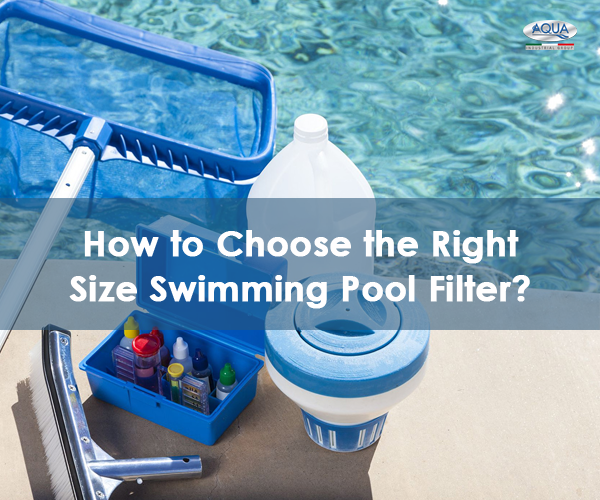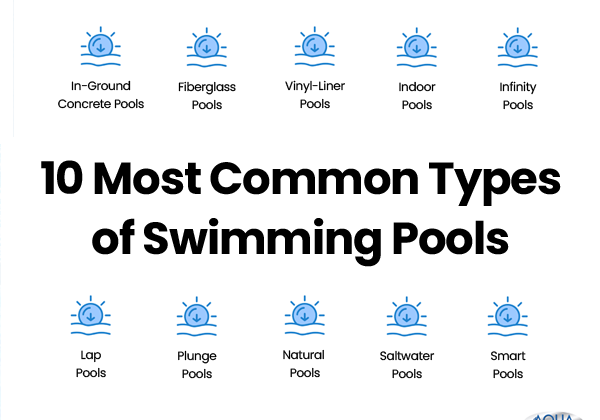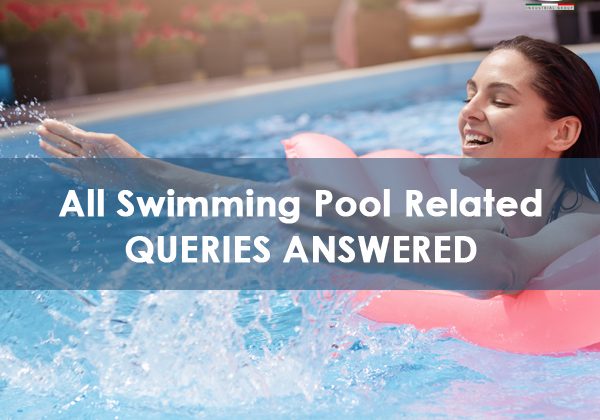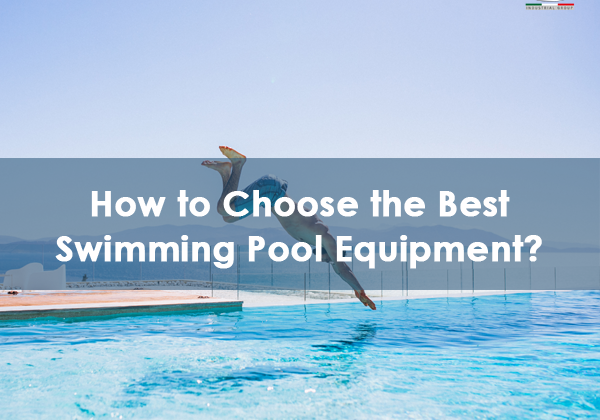Choosing the Right Size Pool Filter; All You Need to Know
Blog Overview
How do I choose the best pool filter for my swimming pool?
When choosing the best pool filter for your swimming pool, there are several factors to consider, including:
- Size: Make sure to choose a cartridge filter that is the correct size for your filter housing. A filter that is too small will not effectively filter the water, while a filter that is too large may not fit in the housing.
- Micron rating: The micron rating of a filter cartridge refers to the size of particles it can remove from the water. A lower micron rating means the filter is able to remove smaller particles. For a standard residential pool, a micron rating of 20 or 30 is typical.
- Material: Cartridge filters are typically made from pleated paper or polyester. Pleated paper filters are less expensive but require more frequent replacement, while polyester filters are more durable and can last longer.
- Durability: Look for a filter that is made with durable materials and has a high resistance to wear and tear.
- Brand reputation: Check the reputation of the brand, read reviews and seek advice from a pool professional.
- Easy to clean: Look for a filter that is easy to clean, some are designed to be cleaned with a garden hose, while others require specific cleaning solutions or need to be replaced.
- Price: Compare prices and look for the best value for your money.
It’s important to note that a pool filter cartridge is a key component of your pool’s filtration system, so it’s important to choose a high-quality filter that is designed to work well with your pool’s specific requirements. It’s recommended to consult with a pool professional to get the best advice on which filter cartridge would work best for your swimming pool.
Pool filters are one of the most important component to your swimming pool. Though chlorine and other sanitizers work to kill bacteria and other contaminants, the filter is what actually removes them from the water. Without it, your pool water would grow cloudy and fill with debris.
Being the most recommended swimming pool equipment manufacturers and suppliers, we understand that selecting the perfect filter for your pool is not always simple if you do not have the right information.
However, before choosing the right size pool filter, it is best to know every detail about your pool so you can buy the right size pool filter possible. Then, you can go out and get a filter so you’ll have perfectly clean pool water to jump into.
So how do you choose the right size filter for your pool?
It’s not about which one is the least expensive, though cost is certainly a factor. You want a filter that will trap contaminants, be easy to clean and maintain, and last more than just a few seasons. In order to make the best selection for your pool, first get a handle on your options.
The first step to choosing the best filter is knowing what your options are. You have three types of filters to choose from: sand, cartridge, and diatomaceous earth, or D.E. Price, replacement frequency, and filtration rates differ by type.
But before you can accurately compare pool filter types, how well they function, and how much work they require to maintain, you need to know about microns.
What is a Micron?
Pool filters measure the size of contaminants they’re capable of removing in microns. It’s short for micrometer, which is one millionth of a meter.
Having trouble picturing just how small that is?
A single strand of human hair is about 50 microns, or about .05 millimeters in diameter. Some bacteria measures about 2 microns, or about .002 millimeters in diameter.
Sand Filters
The ideal option for you is a sand filter if you’re on a tight budget and want to spend as little time maintaining it as possible. Due to the fact that it won’t clog as easily as other filters, it is also ideal for large pools.
We suggest a 30-inch tank diameter, which has a 4.9 sq ft filter surface area and stores 600 pounds of sand, for sand filters for in-ground pools. If money is scarce, the next size down, a 24″ tank, is suitable for small pools (under 20,000 gallons). But for an in-ground pool, never go any smaller than this.
Residential Pool Filter
The smallest of these work well for aboveground pools, the middle-sized ones for smaller pools up to 15,000 gallons, and the largest filters for pools over 25,000 gallons. The manufacturers stated turnover rates for its pool filters just serve to increase the confusion. These often appear on product information pages and display the filters’ maximum flow rates.
Cartridge Filters
For cartridge pool filters, it’s recommended to have at least 100 square feet of filter surface area per 10,000 gallons of pool water. For inground pools larger than 25,000 gallons, the 400 square foot cartridge filters perform admirably. Most of the time, these filters can run a whole season.
You can fully enjoy your pool all season long if you get the right size equipment that is best for your pool. By comprehending the information above, you can determine the proper size pool filter. It is therefore rather simple to choose the appropriate size swimming pool pump filter for your pool.





